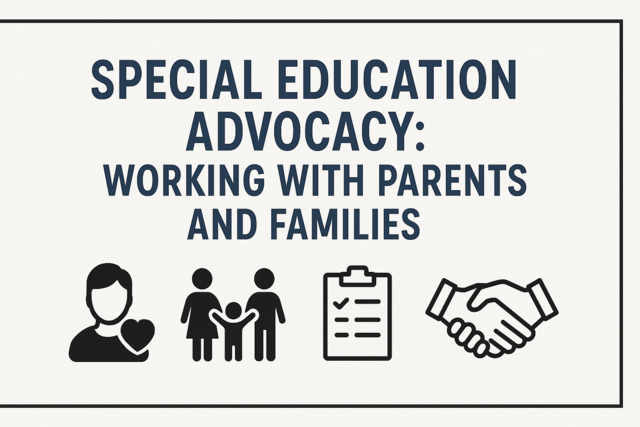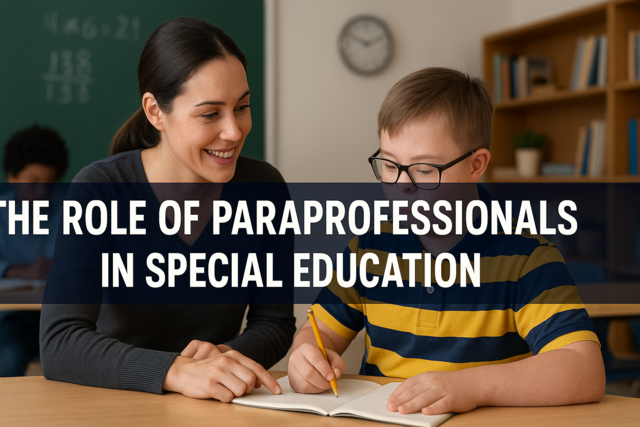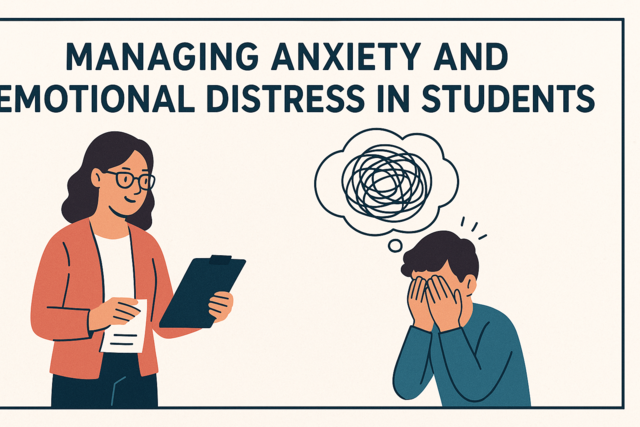Online Class: Implementing Universal Design for Learning (UDL)

no certificate
with CEU Certificate*
-
15Lessons
-
22Exams &
Assignments -
4Hours
average time -
0.4CEUs
Course Description
Step into a realm of educational innovation, where learning transcends conventional boundaries and every student's unique potential becomes the foundation of success. Welcome to 'Implementing Universal Design for Learning (UDL),' a transformative course that invites you to be more than an educatorâ€"you become an architect of inclusive education. This course is the key to creating a future where diversity isn't just acknowledged but celebrated and fully integrated into every facet of learning.
Imagine walking into a classroom alive with energy, where each student's strengths and challenges are met with inventive solutions tailored to their learning needs. Here, the barriers that once hindered progress crumble, revealing a landscape where all learners have the opportunity to excel. This isn't just a distant ideal; it's a realizable vision made possible through the Universal Design for Learning framework, and this course is your guided path to achieving it.
Our journey begins with a radical shift in perspectiveâ€"seeing learner variability not as a challenge but as a crucial asset. As you delve deeper into the principles of UDL, you'll find yourself at the forefront of an educational evolution, one that breaks away from outdated, cookie-cutter approaches. Instead, you will learn to weave a rich tapestry of learning opportunities, designed to recognize and harness the unique contributions of every student.
Throughout this course, you'll engage with cutting-edge strategies that redefine how education is delivered and experienced. Imagine the power of technology that doesn't merely support learning but transforms it into an engaging, individualized experience. You'll uncover how tools like gamified learning platforms and adaptive technologies don't just bolster existing structures but revolutionize how students interact with and absorb information.
Your classroom will become a dynamic hub of creativity where students who once felt marginalized now find their voice and place. Through UDL, your teaching practice will evolve to one where engagement, representation, and expression are interwoven seamlesslyâ€"ensuring that every lesson resonates deeply with all students.
The principles of UDL aren't just theoretical constructs; they are practical, empowering methodologies that you can apply in real-world educational settings. Envision your ability to connect with students on a personal level, aligning curricula with their interests and life goals. You'll transform your classroom into an inclusive community where learning thrives and diverse perspectives are not only welcome but essential for mutual growth.
But the journey doesn't stop with influencing individual classrooms; this course molds you into an advocate for larger systemic change. You'll be equipped to champion an inclusive educational culture that extends beyond school walls, impacting educational policies and practices at institutional levels. By fostering an environment that prioritizes continuous professional development, you'll ensure that both educators and students are poised for lifelong success.
'Implementing Universal Design for Learning (UDL)' is more than a courseâ€"it's a movement. It calls you to become a beacon of transformation in education, to ignite a passion for teaching and learning that is built on the foundations of inclusivity and innovation. As you emerge from this course, you won't just be a teacher but a leader inspiring others to follow your path toward educational equity and excellence.
The time to take action is now. Join us in this groundbreaking course and be at the forefront of educational change. Embrace the opportunity to redefine your teaching practice while enriching your students' learning experiences. Enroll today and take the first step in making a profound impact in your professional journey and the lives of countless learners. This is your moment to transform education, one classroom, one school, one student at a time. The future of inclusive learning awaits youâ€"be the one who makes it a reality.
- Completely Online
- Self-Paced
- 6 Months to Complete
- 24/7 Availability
- Start Anytime
- PC & Mac Compatible
- Android & iOS Friendly
- Accredited CEUs

Course Lessons
Lesson 1. Inclusive Learning: Transforming Educational Frameworks
The implementation of Universal Design for Learning (UDL) represents a paradigm shift in viewing learner variability as an advantage rather than a hindrance, backed by research showing enhanced student achievement when UDL strategies are in place. By using adaptive technology like speech-to-text tools, educators create curricula that reduce barriers and cater to diverse learning needs.Lesson 2. Empowering Students Through Engagement, Representation, and Expression
The principle of engagement in UDL considers students' motivation by connecting learning tasks to their interests, such as introducing mathematical concepts through real-world scenarios like climate change data analysis for environmentally-concerned students. Tailoring engagement strategies assists learners in discovering personal motivation, transforming previously disliked subjects into areas of interest and achievement.Lesson 3. Gamified Learning: Harnessing Tech for Engagement and Insight
Kahoot! and Quizlet transform learning into an interactive journey, offering instant feedback and competition that fuels engagement with challenging subjects. These platforms, together with tools like Google Classroom, nurture an inclusive learning community, transcending geographical barriers.Lesson 4. Adapting Education for Diverse Learners
Learner variability necessitates the use of diverse strategies including technology and innovative tools to nourish different learning styles and preferences. Incorporating cultural responsiveness and dynamic feedback methods allows each student to independently achieve academic success while fostering a supportive classroom environment.Lesson 5. Revolutionizing Education with Assistive Tech
Collaboration platforms enriched by assistive technology foster peer interaction and diverse student expression in the classroom. By facilitating various perspectives, these technologies bridge gaps and enhance learning experiences through shared knowledge.Lesson 6. Universal Design for Learning: Empowering Every Student
With principles focused on engaging, representing, and expressing learning, Universal Design for Learning ensures each student's needs and strengths are addressed. UDL encourages a forward-thinking educational paradigm where technology and diverse teaching methods enable adaptive and inclusive learning environments.Lesson 7. Transforming Education with UDL Principles
Learner variability encompasses the wide range of differences among students, necessitating diverse approaches like those outlined in the UDL framework to ensure accessible and effective education. UDL principles, focused on multiple means of representation and expression, empower educators to cater to unique learning styles, thus enhancing student engagement and comprehension.Lesson 8. Empowering Student Success: Integrating Assistive Tech in UDL
Digital storytelling and collaborative platforms within Universal Design for Learning empower students to express their creativity and knowledge through various media. By embracing diverse means of communication and interaction, these tools prepare learners for future professional environments and foster essential social skills.Lesson 9. Inclusive Assessment Strategies: Ensuring Equity Through UDL
Technological empowerment through inclusive assessments enables adaptive, real-world applications of learning, where students engage with content that matches their skill levels. This approach turns assessments into interactive learning experiences, fostering mastery rather than rote memorization.Lesson 10. Beyond Accessibility: Transforming Higher Education with Universal Design for Learning
UDL emphasizes continually refining teaching practices to foster inclusive and adaptable educational cultures, urging educators to share strategies and insights. As institutions invest in UDL, they create environments rich with equity, diversity, and continuous learning, unveiling new pathways for educational success.Lesson 11. UDL: Revolutionizing Classroom Inclusivity
Universal Design for Learning (UDL) revolutionizes education by integrating neuroscience to create inclusive learning environments that accommodate diverse learner needs. Through its core principles of engagement, representation, and expression, UDL empowers educators to craft dynamic and personalized learning experiences.Lesson 12. Innovative Pathways: Embracing Universal Design for Learning in the Modern Classroom
Through UDL, educators harness technology and collaboration to enhance accessibility and inclusivity, embracing diversity as a vital resource. The framework paves the way for innovative learning environments where individuality thrives and fuels lifelong learning.Lesson 13. Empowering Education Through Universal Design for Learning
Through the lens of Universal Design for Learning (UDL), educators can harness varied strategies to create engaging, accessible learning environments that meet diverse student needs. In collaborative settings, these principles enable students to contribute meaningfully, leveraging their unique cultural and cognitive strengths to enhance educational experiences.Lesson 14. Universal Design for Learning: Metrics That Transform Education
UDL fosters an inclusive and adaptable learning environment where varied instructional strategies enhance student engagement. Evaluating metrics like participation and accessibility ensures that educational experiences are accessible to all learners, empowering them to excel.Lesson 15. Breaking Down Barriers to Educational Equity
Effective implementation of Universal Design for Learning (UDL) requires prioritizing professional development and resource allocation, including technology and instructional materials. Building partnerships and community support can help schools navigate resource limitations, enabling UDL strategies without excessive demands.
Learning Outcomes
- Demonstrate understanding of the impact of UDL by creating a lesson plan incorporating its principles to address diverse learner needs, fostering inclusivity and adaptability in the classroom.
- Describe how Universal Design for Learning (UDL) principles can enhance student engagement by offering multiple means of engagement, representation, and action and expression in various educational settings.
- Demonstrate understanding of UDL's principles by designing a lesson plan incorporating multiple means of representation for diverse learning preferences.
- Identify various engagement strategies in UDL that foster intrinsic motivation by aligning learning tasks with personal interests.
- Demonstrate the ability to use collaboration tools like Google Classroom and Microsoft Teams to engage in real-time discussions and shared project work with peers and instructors.
- Describe how game-based learning platforms like Kahoot! and Quizlet increase learner motivation and retention through competition and instant feedback.
- Demonstrate the use of technology and innovative strategies in fostering motivation and engagement by integrating multimedia resources that cater to diverse learning styles.
- Define the concept of learner variability and explain its significance in designing learning experiences that promote equitable success for all students.
- Analyze the impact of AI-driven educational tools on personalized learning by evaluating student progress and adapting instructional methods to individual needs.
- Demonstrate how assistive technologies can be used within a Universal Design for Learning framework to enhance inclusive educational experiences for diverse learners.
- Apply UDL principles by designing a lesson plan that incorporates multiple means of engagement, representation, and expression to cater to diverse learning needs.
- Demonstrate understanding of UDL by identifying and describing the three main principles, including examples of their application in the classroom.
- Identify three strategies rooted in Universal Design for Learning (UDL) that address cognitive, social, and emotional aspects of learner variability within an educational setting.
- Demonstrate mastery of lesson content at levels of 70% or higher.
Additional Course Information

- Document Your Lifelong Learning Achievements
- Earn an Official Certificate Documenting Course Hours and CEUs
- Verify Your Certificate with a Unique Serial Number Online
- View and Share Your Certificate Online or Download/Print as PDF
- Display Your Certificate on Your Resume and Promote Your Achievements Using Social Media

Choose Your Subscription Plan
No Certificate / No CEUs
This course only
| Includes certificate | X |
| Includes CEUs | X |
| Self-paced |

|
| Instructor support |

|
| Time to complete | 6 months |
| No. of courses | 1 course |
Certificate & CEUs
This course only
| Includes certificate |

|
| Includes CEUs |

|
| Self-paced |

|
| Instructor support |

|
| Time to complete | 6 months |
| No. of courses | 1 course |
Certificates & CEUs
Includes all 600+ courses
| Includes certificate |

|
| Includes CEUs |

|
| Self-paced |

|
| Instructor support |

|
| Time to complete | 12 Months |
| No. of courses | 600+ |
Certificates & CEUs
Includes all 600+ courses
| Includes certificate |

|
| Includes CEUs |

|
| Self-paced |

|
| Instructor support |

|
| Time to complete | 24 Months |
| No. of courses | 600+ |
Related Courses
-
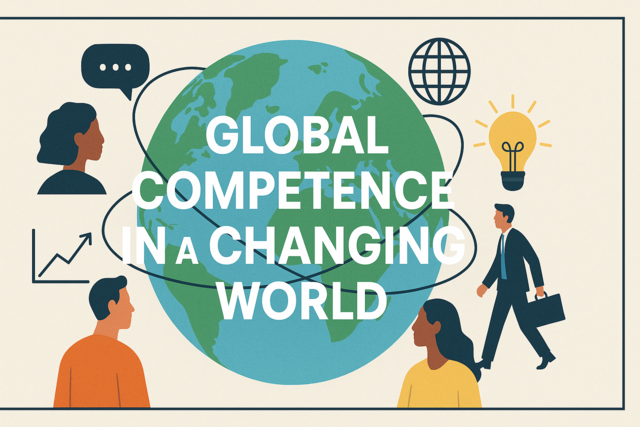 4 hours
0.4 CEUs
Global Competence in a Changing World
+ More Info
4 hours
0.4 CEUs
Global Competence in a Changing World
+ More Info
-
 5 hours
0.5 CEUs
Advanced Pedagogical Techniques
+ More Info
5 hours
0.5 CEUs
Advanced Pedagogical Techniques
+ More Info
-
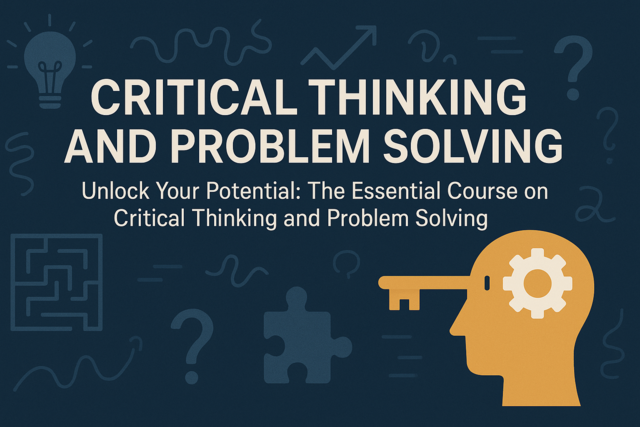 5 hours
0.5 CEUs
Critical Thinking and Problem Solving
+ More Info
5 hours
0.5 CEUs
Critical Thinking and Problem Solving
+ More Info
-
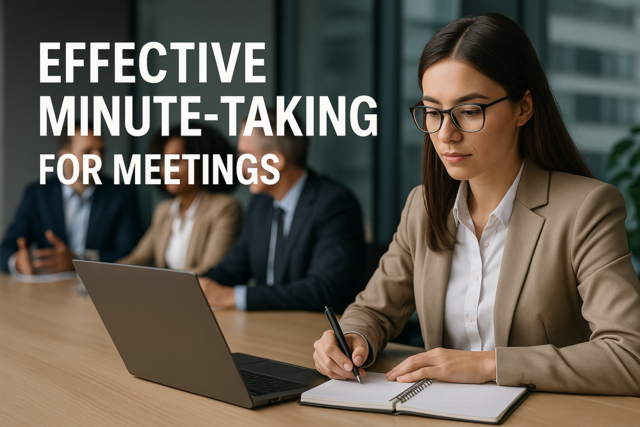 7 hours
0.7 CEUs
Effective Minute-Taking for Meetings
+ More Info
7 hours
0.7 CEUs
Effective Minute-Taking for Meetings
+ More Info
-
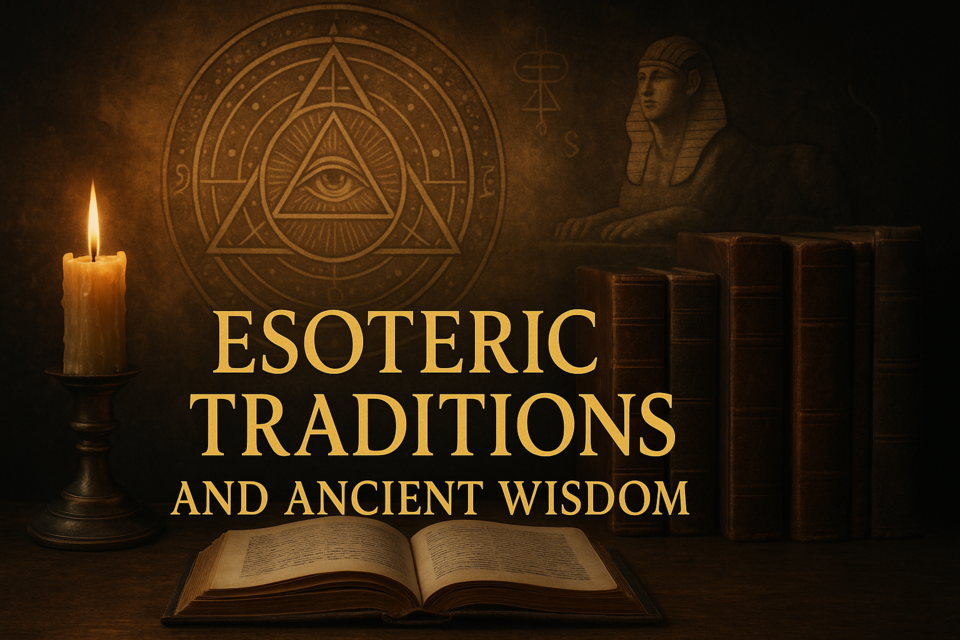 4 hours
0.4 CEUs
Esoteric Traditions and Ancient Wisdom
+ More Info
4 hours
0.4 CEUs
Esoteric Traditions and Ancient Wisdom
+ More Info
-
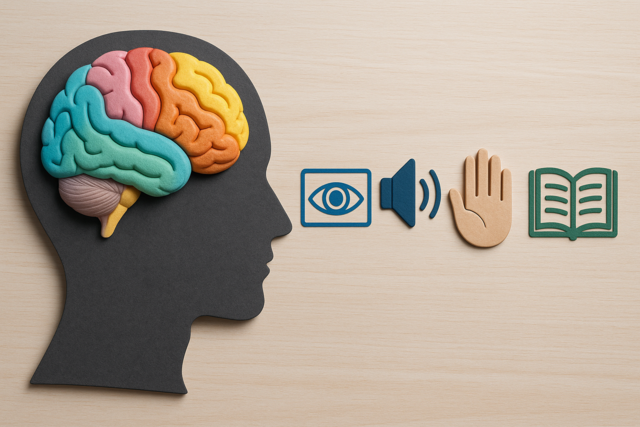 7 hours
0.7 CEUs
Understanding Learning Styles and Preferences
+ More Info
7 hours
0.7 CEUs
Understanding Learning Styles and Preferences
+ More Info
-
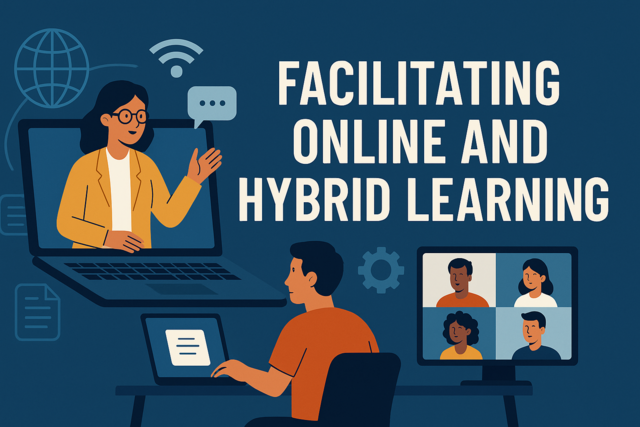 4 hours
0.4 CEUs
Facilitating Online and Hybrid Learning
+ More Info
4 hours
0.4 CEUs
Facilitating Online and Hybrid Learning
+ More Info
-
 5 hours
0.5 CEUs
Time Travel Mysteries and Paradoxes
+ More Info
5 hours
0.5 CEUs
Time Travel Mysteries and Paradoxes
+ More Info
-
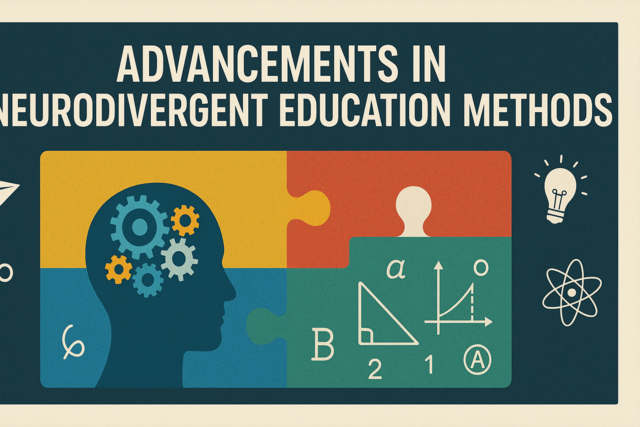 3 hours
0.3 CEUs
Advancements in Neurodivergent Education Methods
+ More Info
3 hours
0.3 CEUs
Advancements in Neurodivergent Education Methods
+ More Info
-
 3 hours
0.3 CEUs
Agile and Scrum Fundamentals
+ More Info
3 hours
0.3 CEUs
Agile and Scrum Fundamentals
+ More Info
-
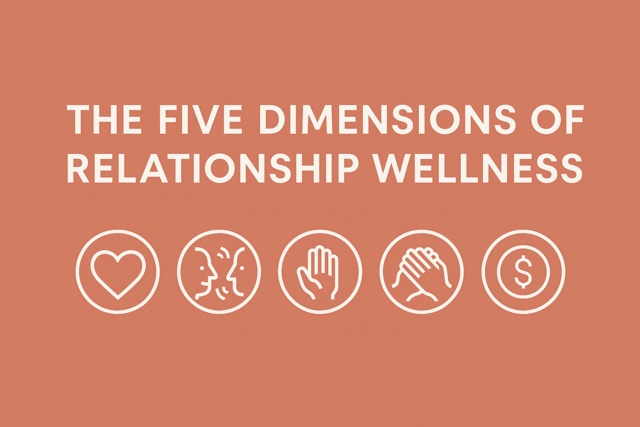 7 hours
0.7 CEUs
The Five Dimensions of Relationship Wellness
+ More Info
7 hours
0.7 CEUs
The Five Dimensions of Relationship Wellness
+ More Info
-
 3 hours
0.3 CEUs
Effective Literacy Instruction in Early Education
+ More Info
3 hours
0.3 CEUs
Effective Literacy Instruction in Early Education
+ More Info
-
 3 hours
0.3 CEUs
Office Staff Productivity Boosters
+ More Info
3 hours
0.3 CEUs
Office Staff Productivity Boosters
+ More Info
-
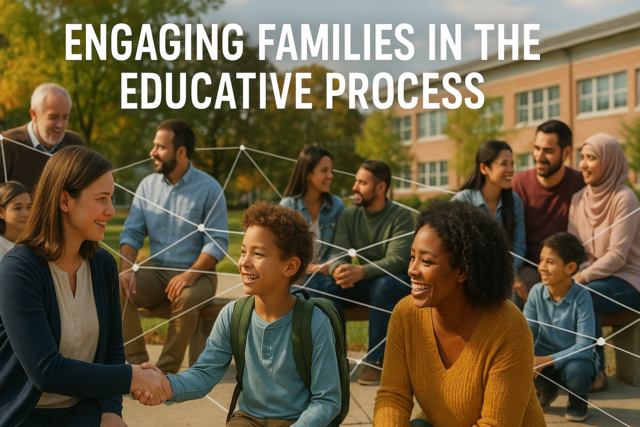 5 hours
0.5 CEUs
Engaging Families in the Educative Process
+ More Info
5 hours
0.5 CEUs
Engaging Families in the Educative Process
+ More Info
-
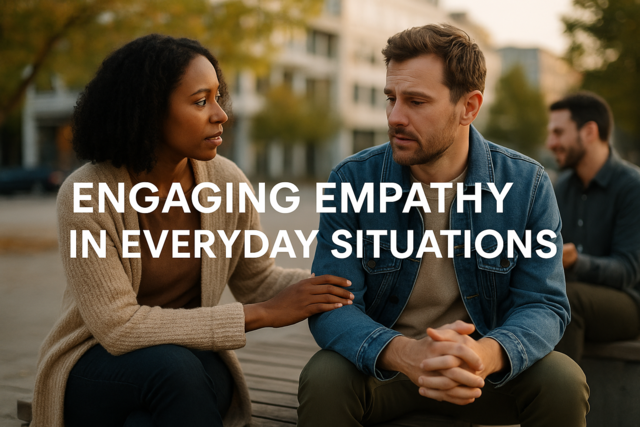 7 hours
0.7 CEUs
Engaging Empathy in Everyday Situations
+ More Info
7 hours
0.7 CEUs
Engaging Empathy in Everyday Situations
+ More Info
-
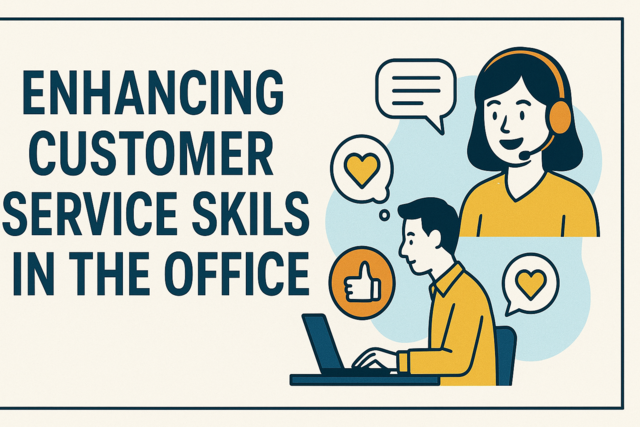 6 hours
0.6 CEUs
Enhancing Customer Service Skills in the Office
+ More Info
6 hours
0.6 CEUs
Enhancing Customer Service Skills in the Office
+ More Info
-
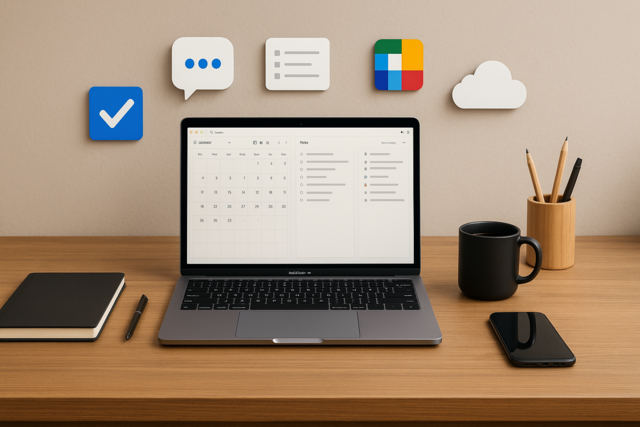 6 hours
0.6 CEUs
Productivity Tools for Modern Professionals
+ More Info
6 hours
0.6 CEUs
Productivity Tools for Modern Professionals
+ More Info
-
 7 hours
0.7 CEUs
Spiritual Awakening and Self-Discovery
+ More Info
7 hours
0.7 CEUs
Spiritual Awakening and Self-Discovery
+ More Info
-
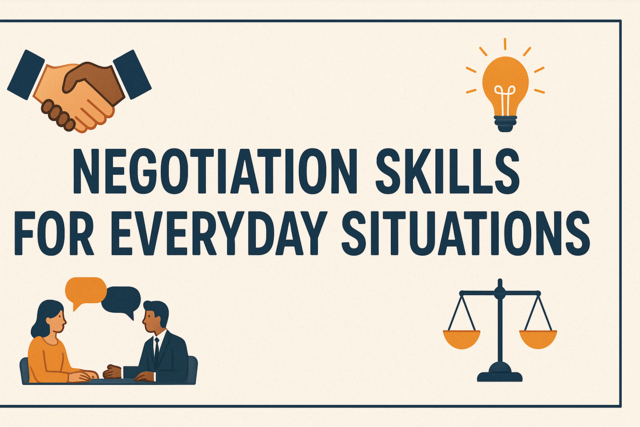 3 hours
0.3 CEUs
Negotiation Skills for Everyday Situations
+ More Info
3 hours
0.3 CEUs
Negotiation Skills for Everyday Situations
+ More Info
-
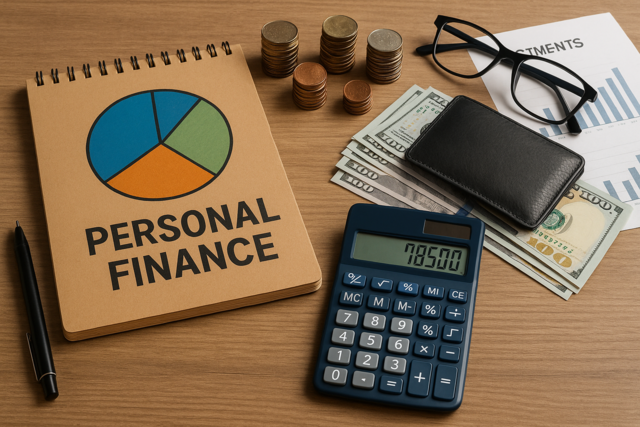 3 hours
0.3 CEUs
Managing Personal Finances
+ More Info
3 hours
0.3 CEUs
Managing Personal Finances
+ More Info
-
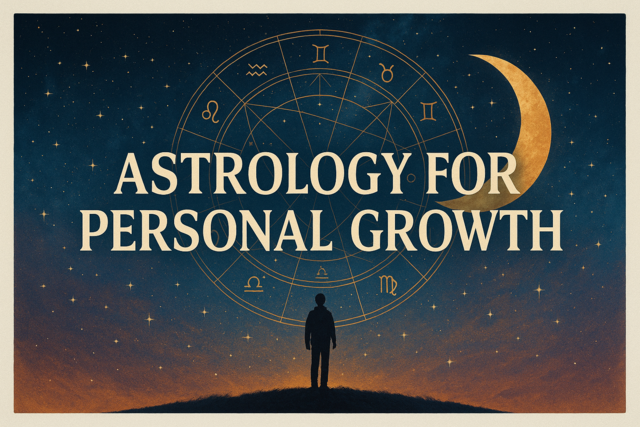 4 hours
0.4 CEUs
Astrology for Personal Growth
+ More Info
4 hours
0.4 CEUs
Astrology for Personal Growth
+ More Info
-
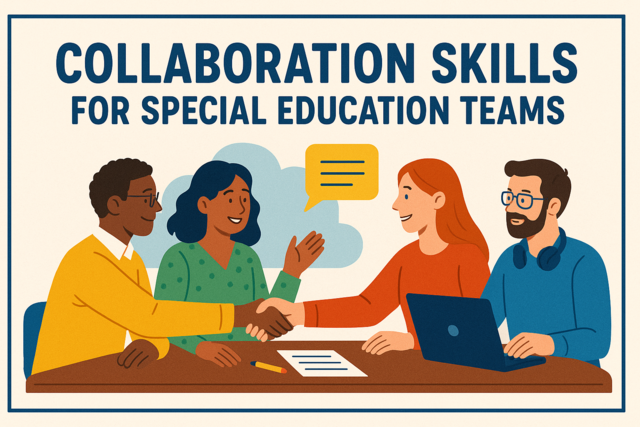 4 hours
0.4 CEUs
Collaboration Skills for Special Education Teams
+ More Info
4 hours
0.4 CEUs
Collaboration Skills for Special Education Teams
+ More Info
-
 5 hours
0.5 CEUs
Lunar Magic and Moon Phases
+ More Info
5 hours
0.5 CEUs
Lunar Magic and Moon Phases
+ More Info
-
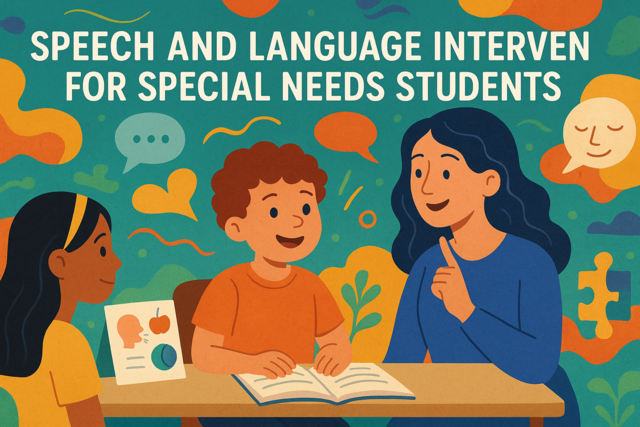 7 hours
0.7 CEUs
Speech and Language Interventions for Special Needs Students
+ More Info
7 hours
0.7 CEUs
Speech and Language Interventions for Special Needs Students
+ More Info
-
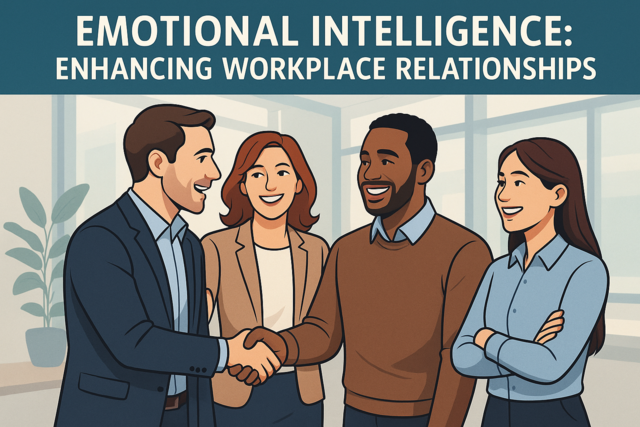 7 hours
0.7 CEUs
Emotional Intelligence: Enhancing Workplace Relationships
+ More Info
7 hours
0.7 CEUs
Emotional Intelligence: Enhancing Workplace Relationships
+ More Info
-
 3 hours
0.3 CEUs
Creating and Maintaining Personal Boundaries
+ More Info
3 hours
0.3 CEUs
Creating and Maintaining Personal Boundaries
+ More Info
-
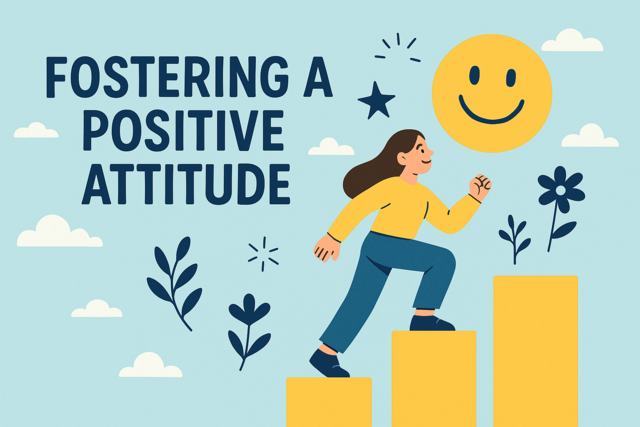 5 hours
0.5 CEUs
Fostering a Positive Attitude
+ More Info
5 hours
0.5 CEUs
Fostering a Positive Attitude
+ More Info
-
 7 hours
0.7 CEUs
Healthy Lifestyle and Fitness Habits
+ More Info
7 hours
0.7 CEUs
Healthy Lifestyle and Fitness Habits
+ More Info
-
 4 hours
0.4 CEUs
Preparing for a Career Change
+ More Info
4 hours
0.4 CEUs
Preparing for a Career Change
+ More Info
-
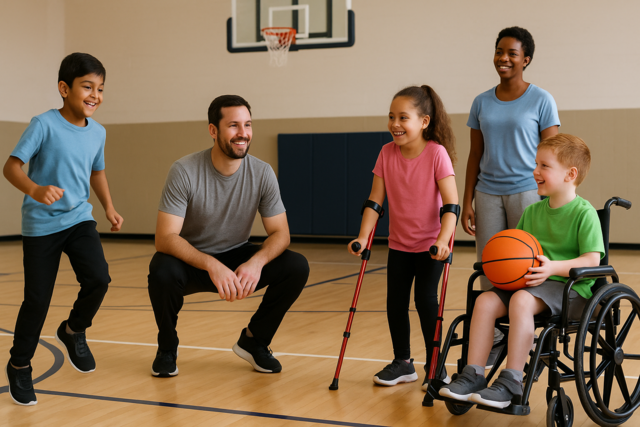 5 hours
0.5 CEUs
Inclusive Sports and Physical Education for Special Needs
+ More Info
5 hours
0.5 CEUs
Inclusive Sports and Physical Education for Special Needs
+ More Info
-
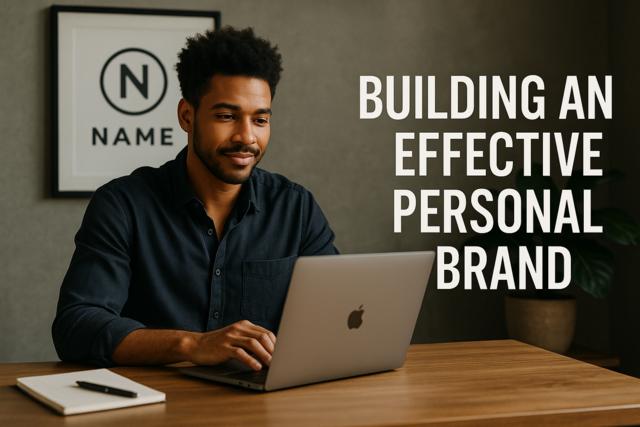 6 hours
0.6 CEUs
Building an Effective Personal Brand
+ More Info
6 hours
0.6 CEUs
Building an Effective Personal Brand
+ More Info
-
 5 hours
0.5 CEUs
Footprint of Fashion: Trends Shaping Modern Luxury Brands
+ More Info
5 hours
0.5 CEUs
Footprint of Fashion: Trends Shaping Modern Luxury Brands
+ More Info
-
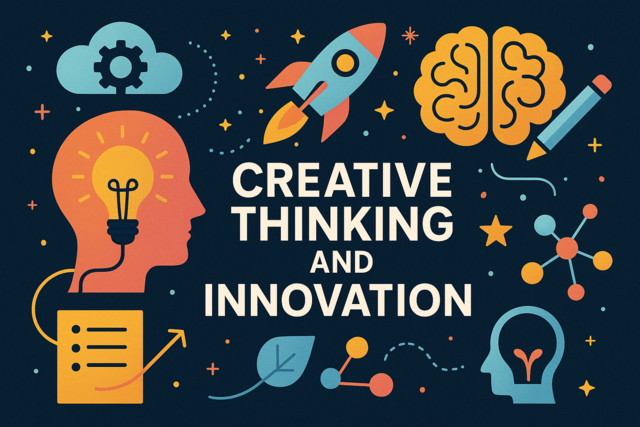 4 hours
0.4 CEUs
Creative Thinking and Innovation
+ More Info
4 hours
0.4 CEUs
Creative Thinking and Innovation
+ More Info
-
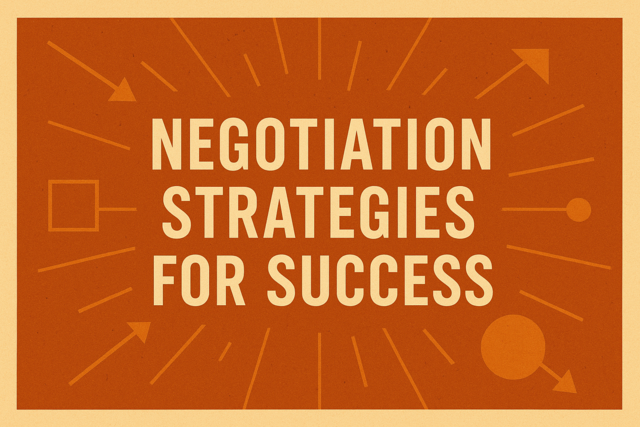 7 hours
0.7 CEUs
Negotiation Strategies for Success
+ More Info
7 hours
0.7 CEUs
Negotiation Strategies for Success
+ More Info
-
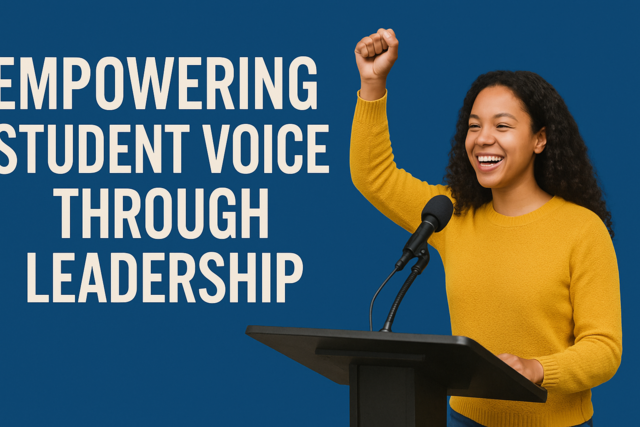 5 hours
0.5 CEUs
Empowering Student Voice through Leadership
+ More Info
5 hours
0.5 CEUs
Empowering Student Voice through Leadership
+ More Info
-
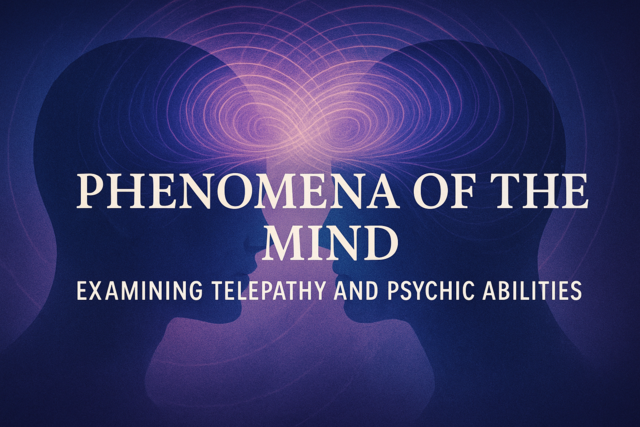 6 hours
0.6 CEUs
Phenomena of the Mind: Examining Telepathy and Psychic Abilities
+ More Info
6 hours
0.6 CEUs
Phenomena of the Mind: Examining Telepathy and Psychic Abilities
+ More Info
-
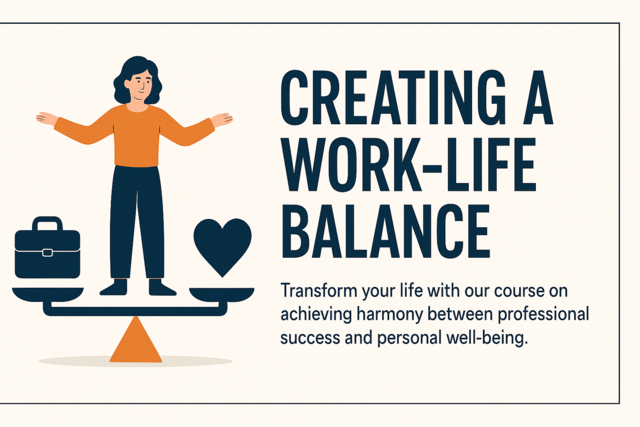 6 hours
0.6 CEUs
Creating a Work-Life Balance
+ More Info
6 hours
0.6 CEUs
Creating a Work-Life Balance
+ More Info
-
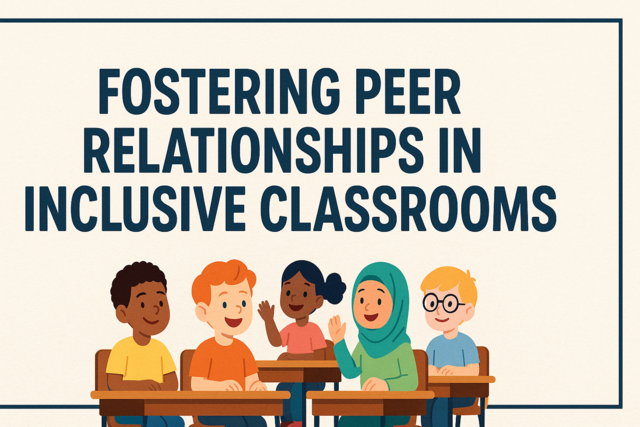 7 hours
0.7 CEUs
Fostering Peer Relationships in Inclusive Classrooms
+ More Info
7 hours
0.7 CEUs
Fostering Peer Relationships in Inclusive Classrooms
+ More Info
-
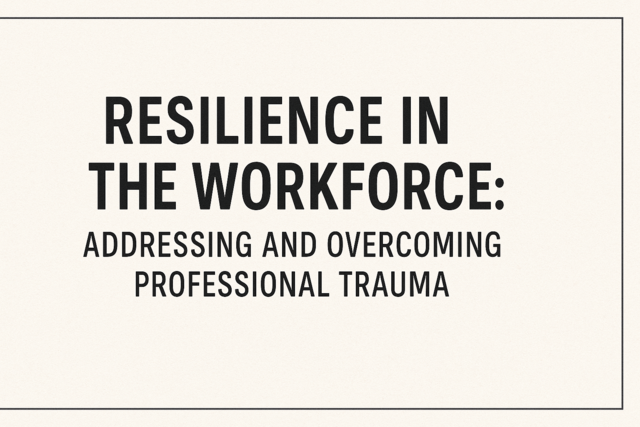 4 hours
0.4 CEUs
Resilience in the Workforce: Addressing and Overcoming Professional Trauma
+ More Info
4 hours
0.4 CEUs
Resilience in the Workforce: Addressing and Overcoming Professional Trauma
+ More Info


